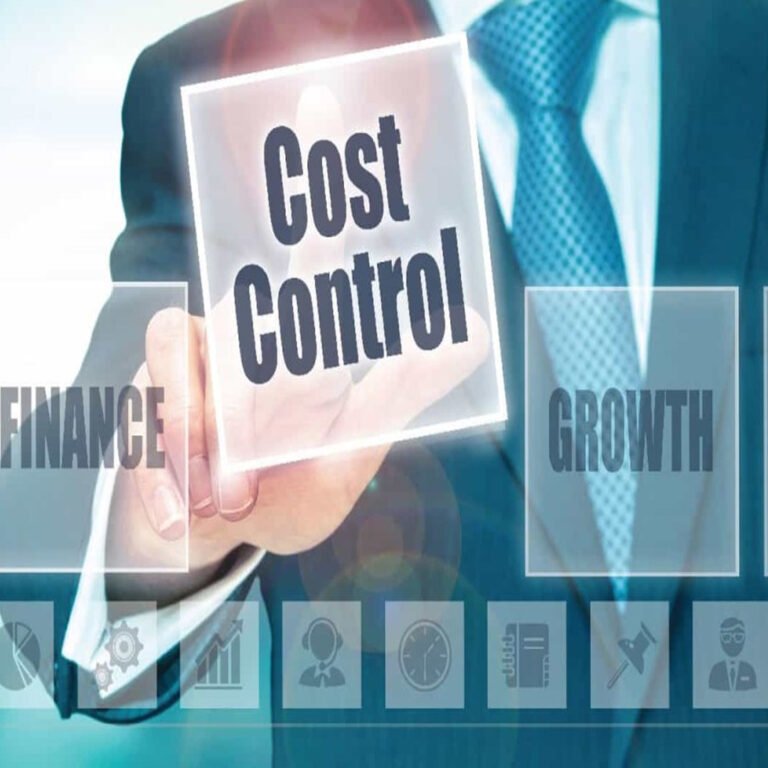Financial Management & Cost Control

Effective Financial Management and Cost Control are critical pillars for the sustained profitability and growth of hotels and resorts. They involve carefully planning, monitoring, and optimizing all financial aspects of the business—from budgeting and revenue forecasting to expense management and operational efficiency.
What is Financial Management?
Financial management in hospitality encompasses overseeing all monetary activities, ensuring that resources are allocated prudently and that the business remains financially healthy. This includes:
Financial Management & Cost Control :
Effective Financial Management and Cost Control are critical pillars for the sustained profitability and growth of hotels and resorts. They involve carefully planning, monitoring, and optimizing all financial aspects of the business—from budgeting and revenue forecasting to expense management and operational efficiency.
What is Financial Management? Financial management in hospitality encompasses overseeing all monetary activities, ensuring that resources are allocated prudently and that the business remains financially healthy. This includes:
Creating detailed budgets and financial plans,
Tracking actual performance against budgets,
Conducting regular audits and financial reporting,
Managing cash flow and capital expenditures,
Making data-driven decisions to maximize profitability.
Importance of Cost Control
Cost control strategies focus on minimizing unnecessary expenses while maintaining high service standards. The hospitality industry faces unique cost challenges, such as labor expenses, energy consumption, inventory wastage, and fluctuating demand, making cost control a continuous and dynamic priority


Best Practices for Financial Management & Cost Control
Comprehensive Budgeting: Develop annual operational and capital budgets analyzing historical data, market trends, and strategic goals. Allocate resources prudently across departments, including marketing, maintenance, and technology.
Dynamic Expense Tracking: Utilize financial management software to monitor spending in real time, identify variances from budgets, and adjust proactively.
Labour Cost Optimization: Implement smart scheduling, cross-training, and performance incentives to strike a balance between quality service and labor efficiency.
Procurement & Inventory Efficiency: Negotiate favourable supplier contracts, minimize waste, and implement effective inventory controls to optimize supply chain costs.
Energy & Utility Management: Adopt energy-efficient technologies and sustainable practices to lower utility costs while supporting environmental responsibility.
Sales & Marketing ROI: Use data analytics to focus marketing spend on high-return channels, improving customer acquisition cost and conversion rates.
Financial Reporting & Accountability: Establish routine financial reviews, transparent P&L reports, and clear accountability across management to foster a culture of fiscal responsibility.
Contingency & Risk Planning: Set aside reserves for unexpected expenses or market downturns to safeguard business continuity.
Benefits of Strong Financial Management & Cost Control
Maximized Profit Margins: Prevents overspending and boosts operational efficiency.
Improved Cash Flow: Ensures availability of funds for day-to-day operations and strategic investments.
Enhanced Decision Making: Real-time data enables agile responses to market changes.
Sustainable Growth: Supports long-term business resilience and competitive advantage.
Maintained Service Quality: Balances cost savings without compromising guest experience.
Adopting integrated financial management platforms combined with best-in-class cost control strategies empowers hotels and resorts to thrive financially while delivering exceptional guest experiences in a competitive market.


